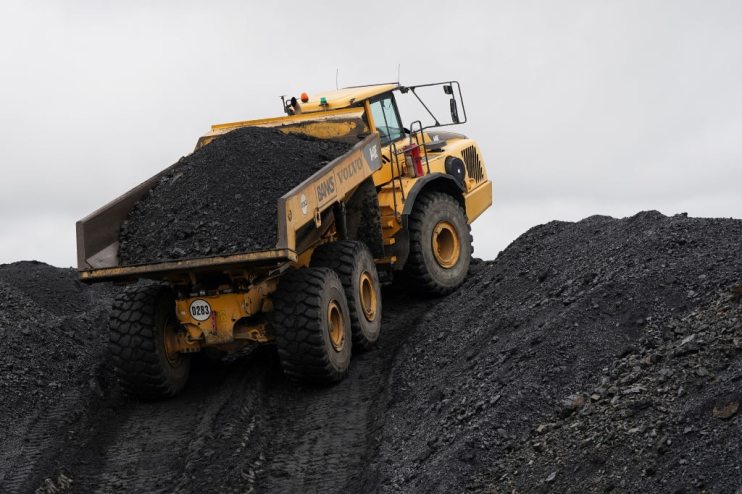Activist investor pushes Glencore to spin off coal business

Bluebell Capital Partners (Bluebell) has called on commodities giant Glencore to spin off its thermal coal business, divest non-core assets and enhance its corporate governance.
The London-based hedge fund wrote to the miner and trader earlier this month pushing it to chart a new course without coal amid the global transitions to a carbon-neutral future.
Thermal coal is not only the most polluting fossil fuel, its prices have soared recently on the back of Chinese power shortages and a European gas squeeze.
Glencore is the world’s biggest exporter of thermal coal, which is burnt in power stations to generate electricity.
The unit is expected to make billions of dollars this year off the back of surging prices.
In a letter to Glencore’s top management earlier this month, Bluebell said: “Due to its coal business, Glencore is not an investible company for investors who place sustainability at the heart of their investment process.”
The group warned that mounting pressue on financial institutions to reduce lending and equity underwriting to the fossil fuel industry would also risk Glencore’s future access to capital.
Bluebell recently advised Glencore’s senior team that its company’s shares could rise 40 to 45 per cent over the medium term if they followed the activist’s recommendations, according to The Financial Times.
Despite managing a relatively low $200m of assets, Bluebell has an established reputation as a strong campaigner, having previously fronted the ousting of Danone chief Emmanuel Faber in March.
Glencore is committed to running down its coal business and close its mines within the next 30 years, an approach backed by its biggest shareholders.
Its strategy of depleting its coal mines by mid-2040s rather than selling them contrasts with other diversified miners such as BHP and Anglo American.
Speaking to City A.M., the mining giant said: “Glencore engages regularly with its investors. We are confident that our business model is uniquely placed to produce, recycle, and market the materials needed to decarbonise energy whilst reducing our own emissions and delivering value for stakeholders.”
However, Bluebell described the plans as “morally unacceptable and financially flawed”.
“A clear separation between carbonised and decarbonised assets is needed to increase shareholder value,” the letter said.
Bluebell also argues that Glencore’s operations are too complicated with more than 150 production assets, even though 90 per cent of earnings before interest, tax and deprecation are generated by 14 assets.
Glencore’s shares are down 0.01 per cent at close of play on the FTSE 100 , trading at 357.1p per share.